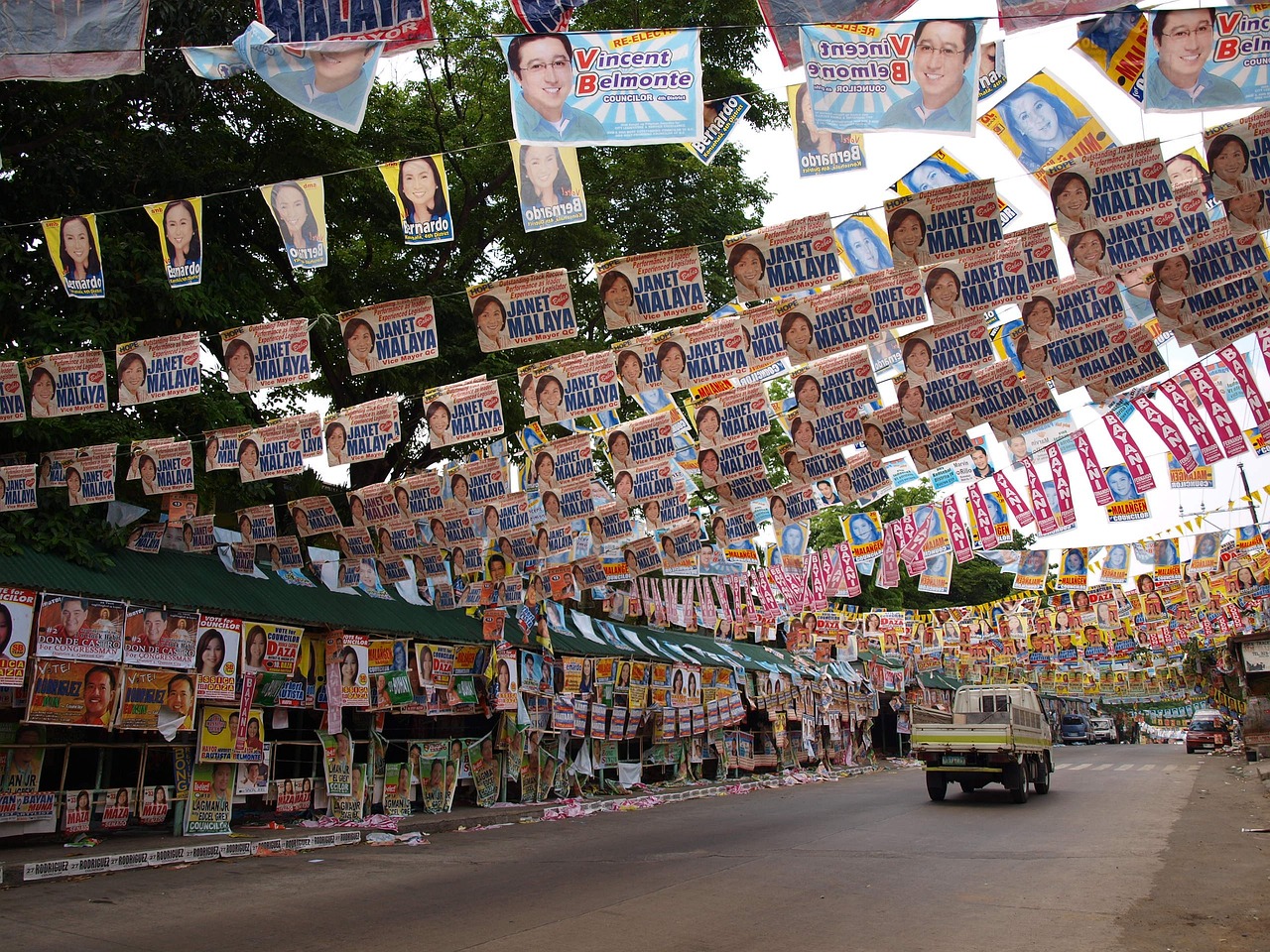
Japan Shock LDP Loses Majority After 11 Years
For the first time since 2012, the Liberal Democratic Party (LDP), which leads the ruling coalition, has lost its majority in the Lower House.

The ruling Georgian Dream party has been accused by political opponents of having ties to Russia and has won a recent election against pro-European Union opposition parties. This result, described by Ursula von der Leyen as “a crucial moment for the future of EU-Georgia relations”, has sparked strong reactions. The opposition has in fact denounced irregularities, while calls for mobilization have intensified. In particular, Georgian President Salomé Zourabichvili has contested the results of the parliamentary elections, declaring them “completely falsified” and accusing Moscow of being behind a “Russian special operation”, described as a new form of hybrid warfare against the Georgian people.
Observers from the OSCE, NATO and the European Parliament have reported “pressure on voters”, but they have also highlighted that candidates were able to conduct their campaigns freely and that the voting operations were well organised. Attention is high in Brussels: the President of the Council Charles Michel has included Georgia in the agenda of the informal summit in Budapest, stating that it is essential to clarify and address the alleged irregularities. During a press conference, Antonio Lopez-Isturiz White, head of the Eurochamber delegation, described the elections as an indicator of democratic decline in Georgia, but he avoided expressing a direct judgement on the vote.
Mikheil Saakashvili, the pro-Western former president currently in prison, has called for mass demonstrations to demonstrate Georgians' resistance to injustice. Meanwhile, Hungarian Prime Minister Viktor Orban congratulated his Georgian counterpart Irakli Kobakhidze on what he called a “landslide victory” and is preparing to visit Tbilisi.
The Central Election Commission announced that Georgian Dream received 54.08% of the vote, winning 91 out of 150 seats in the Parliament. The four opposition parties that exceeded the 5% threshold did not reach a total of 37.5% of the vote. A report by the OSCE, NATO and EU observer mission spoke of “pressure on voters”, especially in the public sector. It was also noted that in many situations the secrecy of the vote was compromised due to the way in which the ballots were inserted into the ballot boxes or the way the polling stations were set up.
In addition, it emerged that many party representatives – especially those belonging to Georgian Dream – were filming the voting process at polling stations, creating an intimidating atmosphere. Two of the four pro-Western opposition parties rejected the election results, calling them “falsified.” Tina Bokuchava, leader of the National Unity Movement (UNM), said: “We do not recognize the falsified results of these stolen elections.” Nika Gvaramia of Akhali accused Georgian Dream

For the first time since 2012, the Liberal Democratic Party (LDP), which leads the ruling coalition, has lost its majority in the Lower House.

Georgia’s pro-Russian ruling party has won a major election, the election commission said. With more than 99 percent of the vote counted, the Georgian Dream party has won 54.